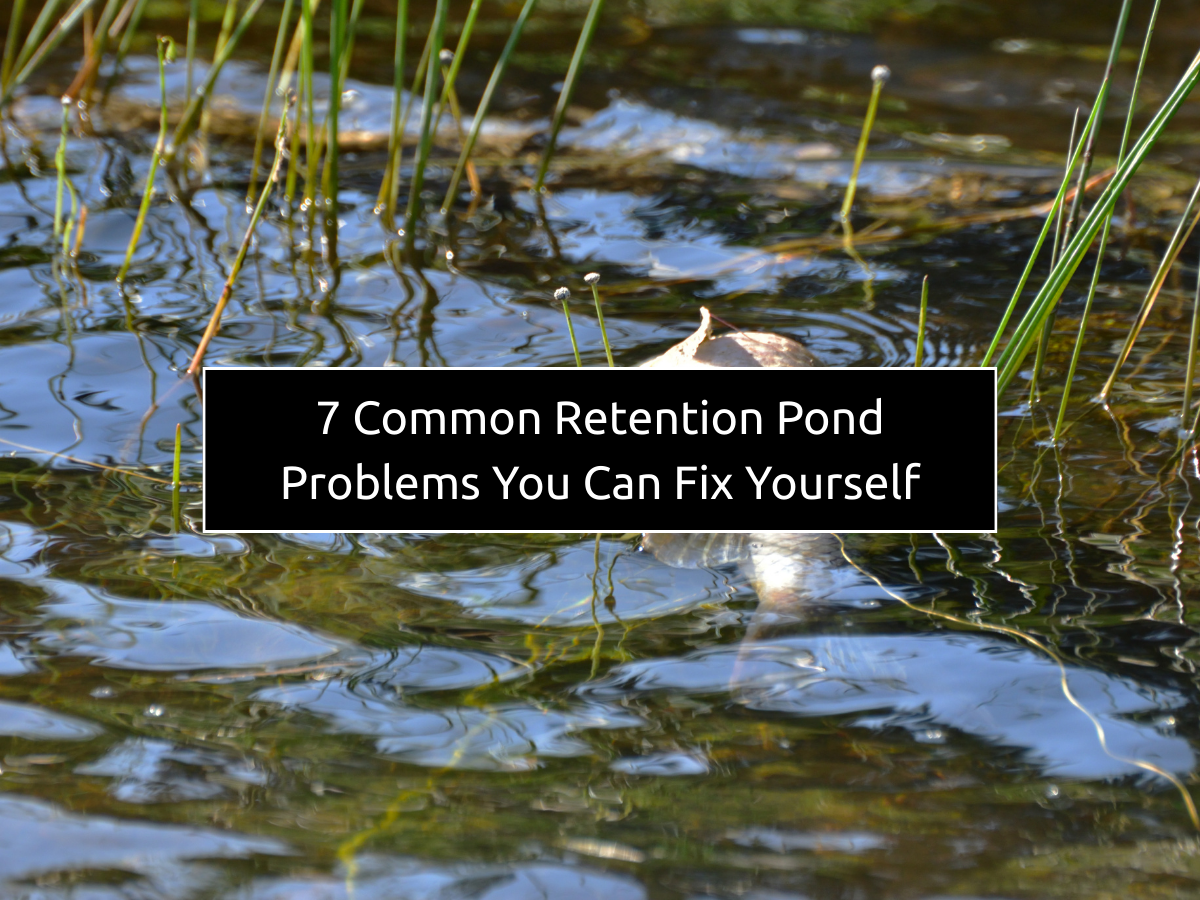
If you live in Madison, Georgia, chances are you’ve seen or maybe even have a retention pond near your home. These ponds are built to hold rainwater, reduce flooding, and clean dirty runoff water before it flows into rivers and lakes.
According to the EPA, stormwater ponds are one of the most common ways to control flooding in U.S. neighborhoods.
But here’s the truth: ponds don’t take care of themselves. Over time, they can smell bad, fill with weeds, or even flood. Many homeowners think fixing them needs expensive contractors. But that’s not always true. Some common retention pond problems can be fixed with simple steps you can do yourself.
In this blog, according to retention pond experts in Madison, Georgia, we’ll explain the 7 most common pond problems, why they happen, and what easy steps you can take to fix them.
What is a Retention Pond?
A retention pond is not just a beautiful water hole. It’s more like a giant outdoor bathtub that holds stormwater. When it rains, water from roofs, roads, and driveways runs into the pond. The pond slows down the water, filters out dirt, and then slowly lets clean water out.
If the pond is not working well, your yard, street, or even basement could flood. That’s why fixing small issues before they grow is important.
Problem 1: Why does my retention pond smell bad?
If your pond smells like rotten eggs in summer, you’re not alone. Smelly ponds are very common in Georgia, especially during hot weather.
Why it happens:
Leaves, grass clippings, and sticks sink to the bottom and rot.
No movement in the water makes it stale.
Fertilizers from lawns feed algae and bacteria, which cause the bad smell.
How you can fix it:
Clean out debris – Use a rake or net to remove leaves and grass.
Add aeration – A simple fountain or bubbler keeps water moving, just like opening a window in a stuffy room.
Limit fertilizer use – Don’t use too much lawn fertilizer near the pond because it washes into the water.
Think of this like cleaning your fridge. If old food sits too long, it smells. Remove the junk, get fresh air in, and the smell goes away.
Problem 2: Why are weeds and algae covering my pond?
A green pond with weeds everywhere doesn’t look nice and can hurt fish and birds.
Why it happens:
Too many nutrients (from fertilizers or pet waste) feed algae and weeds.
Sunlight helps them grow even faster.
How you can fix it:
Use pond dye – It makes the water dark, blocking sunlight, which slows algae growth.
Plant native plants – Plants like cattails or pickerelweed around the edges take up extra nutrients.
Remove weeds by hand – Skim algae mats with a net and pull invasive weeds.
Think of weeds and algae like weeds in your garden. If you don’t control them, they’ll take over.
Problem 3: Why are the pond banks falling apart? (Erosion)
If the soil around your pond edge is falling in, that’s erosion. It makes the pond look messy and can even cause flooding later.
Why it happens:
Heavy Georgia rain washes away bare soil.
Grass is missing, so roots can’t hold the dirt in place.
How you can fix it:
Plant strong-rooted grass or shrubs around the pond. Roots act like glue to hold soil together.
Lay erosion mats – These are natural mats that cover bare spots until plants grow.
Redirect gutter water – Make sure downspouts don’t dump water straight into the pond.
Think of the pond edge like the foundation of a house. If it keeps crumbling, the whole pond suffers.
Problem 4: Why is my pond water brown and muddy?
Brown or muddy water looks dirty and makes the pond shallow over time.
Why it happens:
Dirt and sediment wash in from nearby yards or construction.
Inlet pipes may be broken or clogged.
How you can fix it:
Add a buffer strip – Plant a 10-foot strip of grass or shrubs around the pond. They catch dirt before it enters.
Install silt fences – If construction is nearby, a simple fence keeps dirt from washing in.
Check inlet pipes – Make sure water is entering properly without carrying soil.
Quick Fact: The EPA says sediment is the #1 pollutant in U.S. waterways—worse than chemicals.
Problem 5: Why are there so many mosquitoes around my pond?
Nobody likes mosquito bites. If your pond is full of them, it probably still has water.
Why it happens:
Mosquitoes lay eggs in water that doesn’t move.
Warm Georgia summers make eggs hatch faster.
How you can fix it:
Add aeration – Moving water makes it hard for mosquitoes to breed.
Add fish – Mosquitofish or minnows eat mosquito larvae.
Clean nearby junk – Old tires, buckets, or birdbaths hold water and breed even more mosquitoes.
Did you know? The CDC says a single female mosquito can lay up to 300 eggs at once. That’s why staying ahead matters.
Problem 6: Why does my pond flood after heavy rain?
If your pond looks more like a swimming pool after storms, it may not be draining properly.
Why it happens:
Outlet pipes are blocked with trash, sticks, or sediment.
No emergency overflow area.
How you can fix it:
Clean pipes – After big rains, walk around and remove debris.
Add gravel spillways – These guide extra water out safely.
Check regularly – Make pond inspections part of your routine, just like mowing the lawn.
Think of the outlet pipe like a bathtub drain. If it’s clogged, water spills over.
Problem 7: Why are fish dying in my pond?
Dead fish floating in your pond is a sad sight.
Why it happens:
Not enough oxygen in the water.
Algae blooms use up oxygen at night.
Sudden weather changes, like a storm, can lower oxygen fast.
How you can fix it:
Add an aerator – More oxygen means healthier fish.
Control algae – Shade the pond or use pond-safe dye.
Cut back on fertilizers – Less fertilizer means fewer algae blooms.
Quick Table: Pond Problems and Easy Fixes
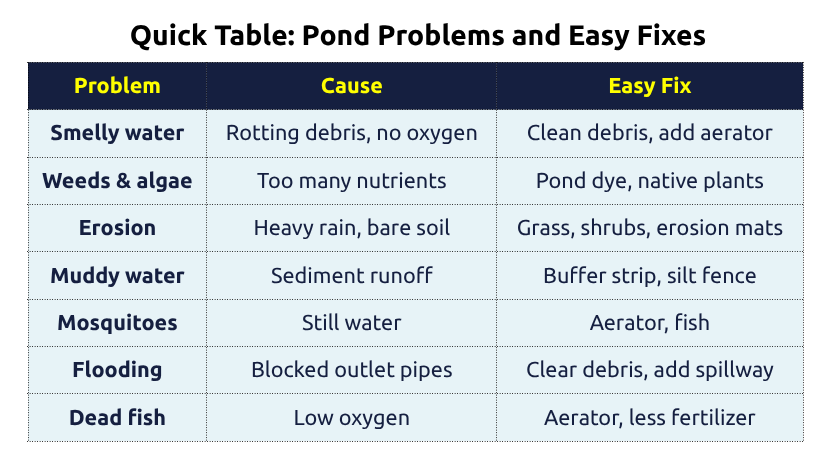
Key Takeaways
Retention ponds protect your yard and town from flooding.
Most problems like smells, weeds, or mosquitoes can be fixed with simple steps.
Regular care, like cleaning debris and adding aeration, makes a big difference.
The root cause of many problems is too many nutrients from fertilizer and yard waste.
A healthy pond means fewer mosquitoes, less flooding, and better water quality.
Helpful Sources
Treat Your Pond Like Part of Your Home!
Your retention pond isn’t just “extra water in the yard.” It’s part of your home’s safety system. Just like you check your roof, gutters, or lawn, you should check your pond too.
If you live in Madison, GA, and take care of these 7 common pond problems, you’ll avoid bigger headaches later—like flooding or expensive repairs. Think of pond care like brushing your teeth: a little bit of regular effort keeps things healthy for years.
✅ Quick Fact: According to the EPA, a well-maintained stormwater pond can remove up to 80% of harmful pollution from runoff water.
Written By: Aquatic Restoration
At Aquatic Restoration, we’ve been helping Georgia pond and lake owners since 1970. Our services include shoreline stabilization, spillway renovation, siphon installation, lake management, dredging, and retention pond maintenance. We fix problems without harming your land or budget.
Phone: 770-592-5099 | 678-949-3973
Mail:chris@aquaticrestoration.net
Website:www.aquaticrestoration.net
Find on Google Maps:https://maps.app.goo.gl/HYvUbp4XReUuhjST7
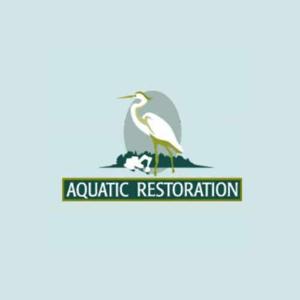
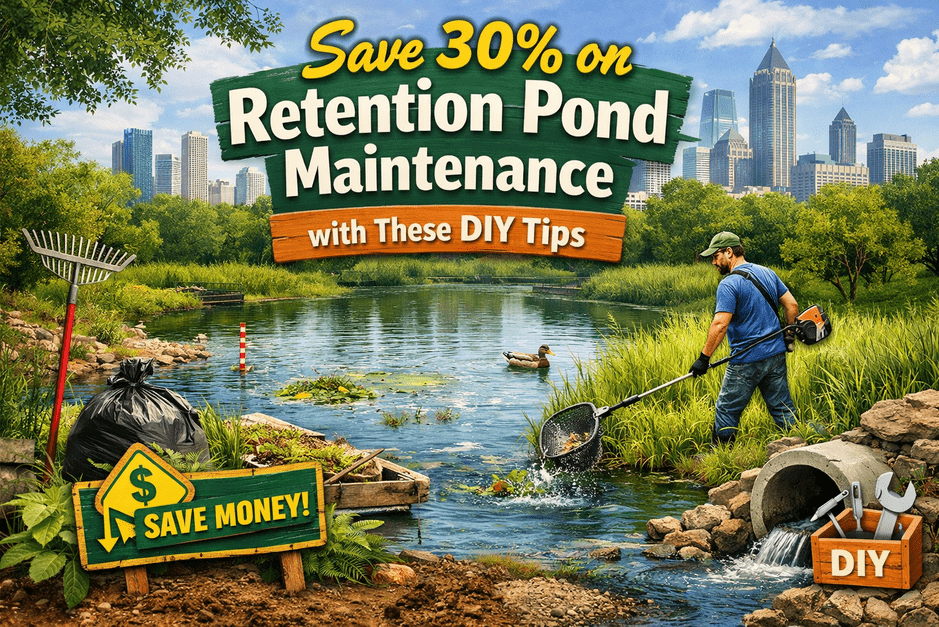
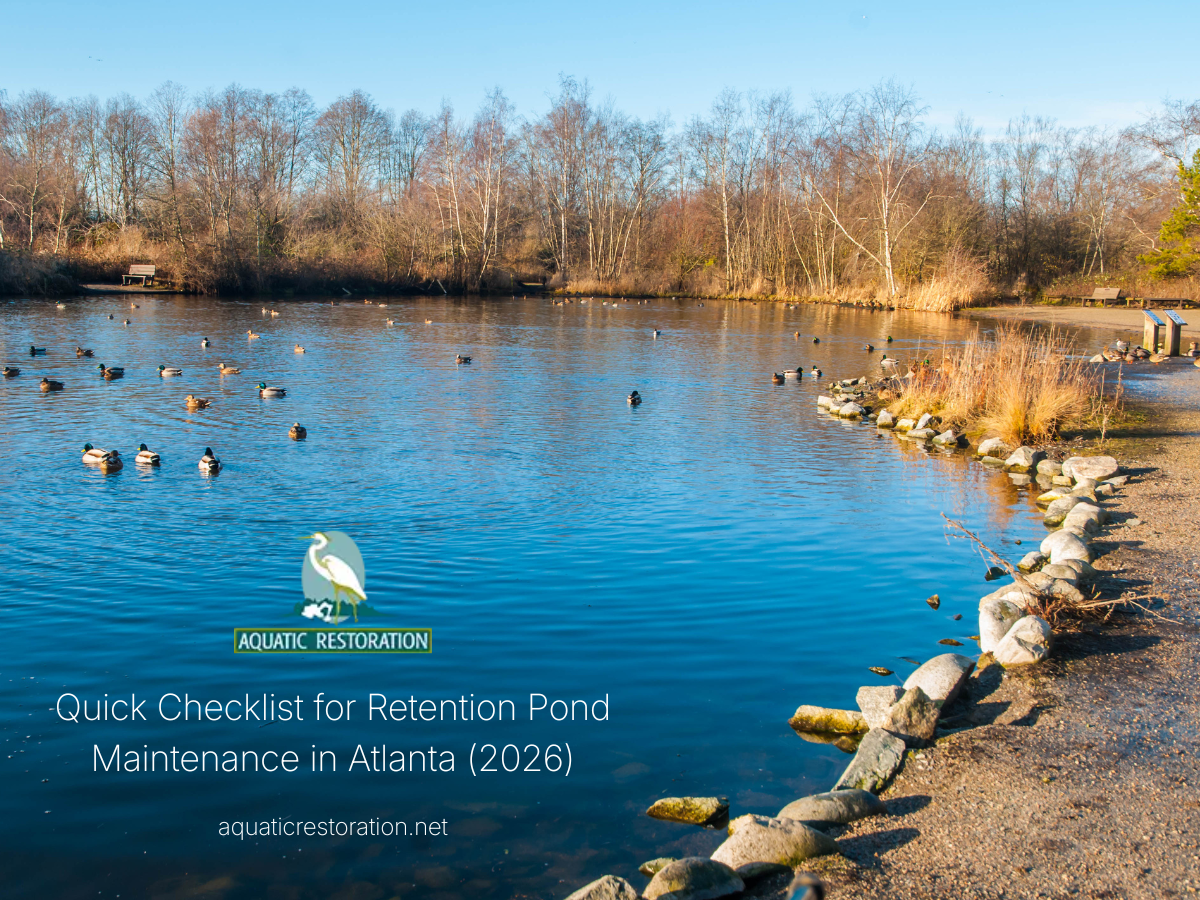
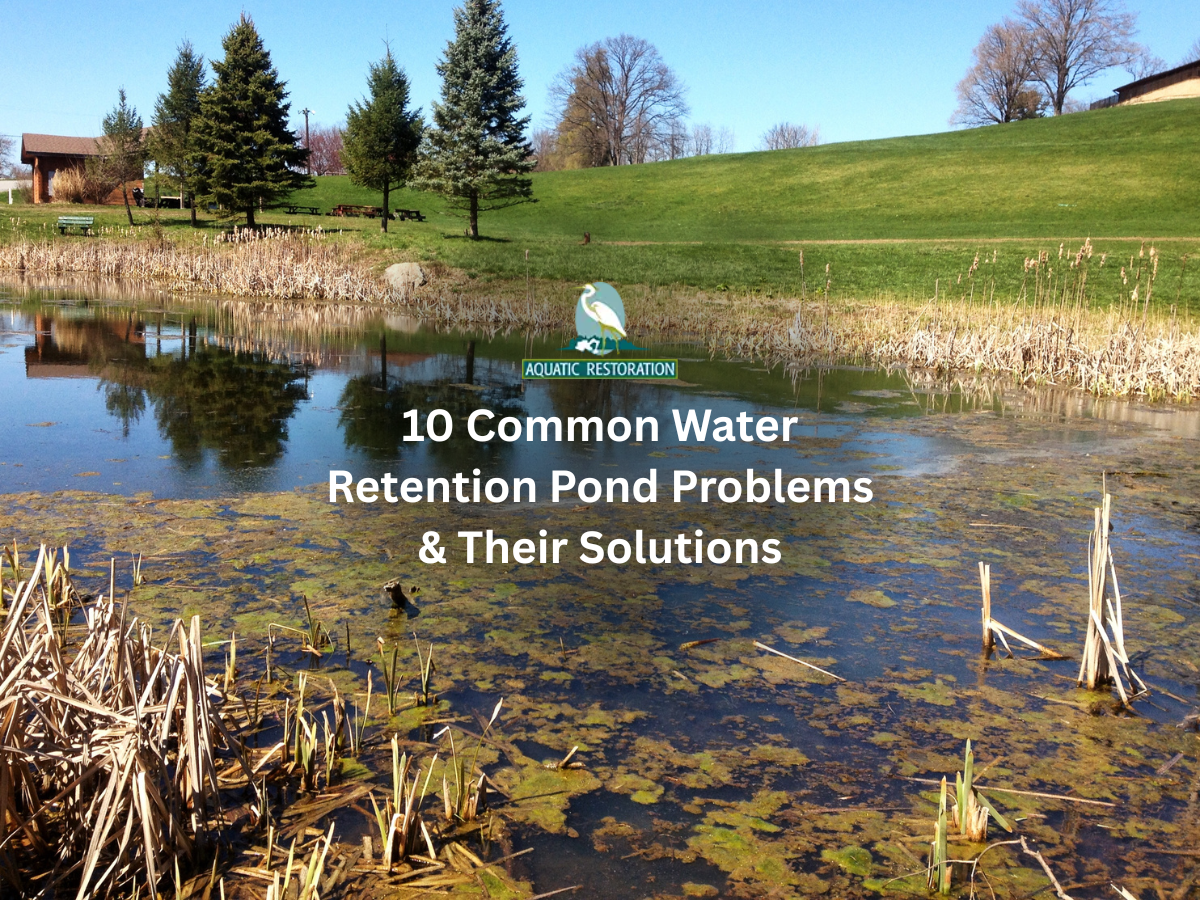
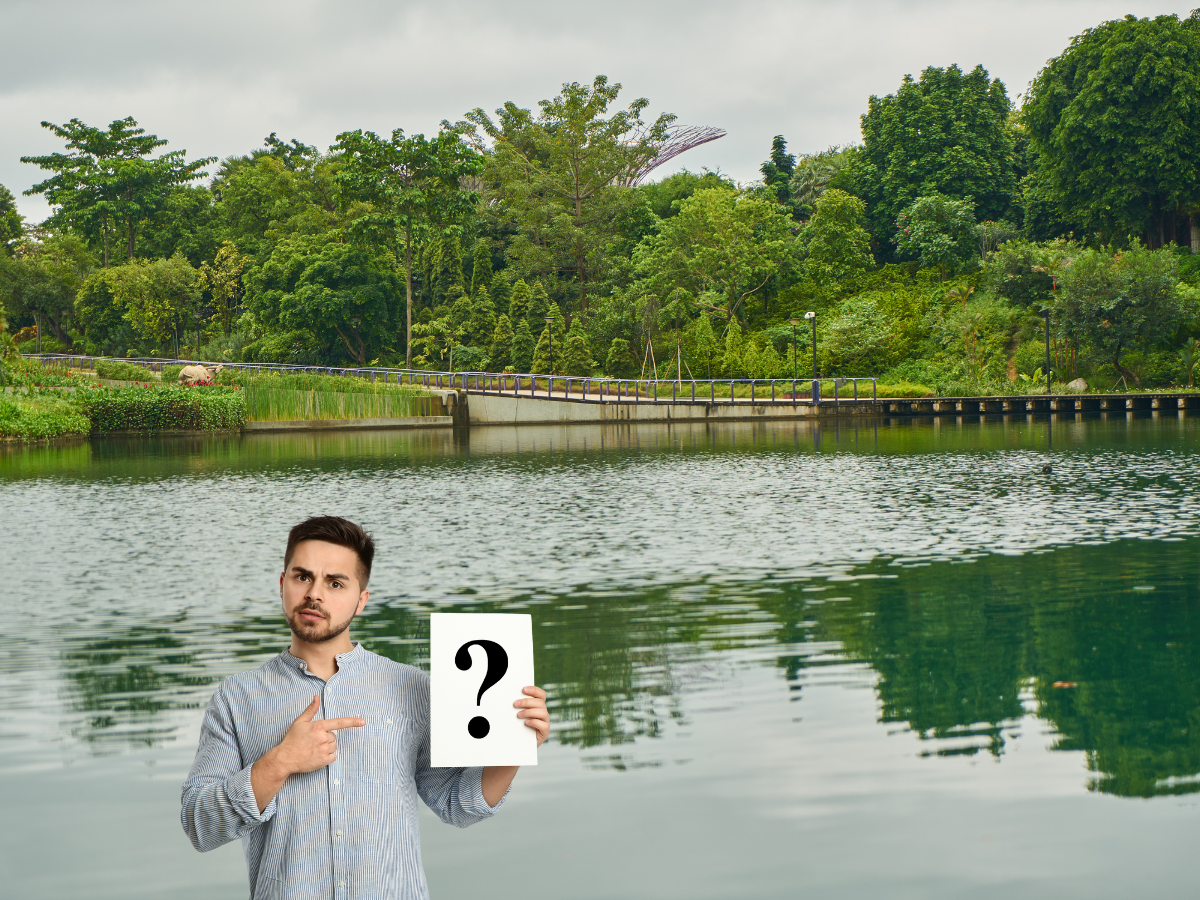
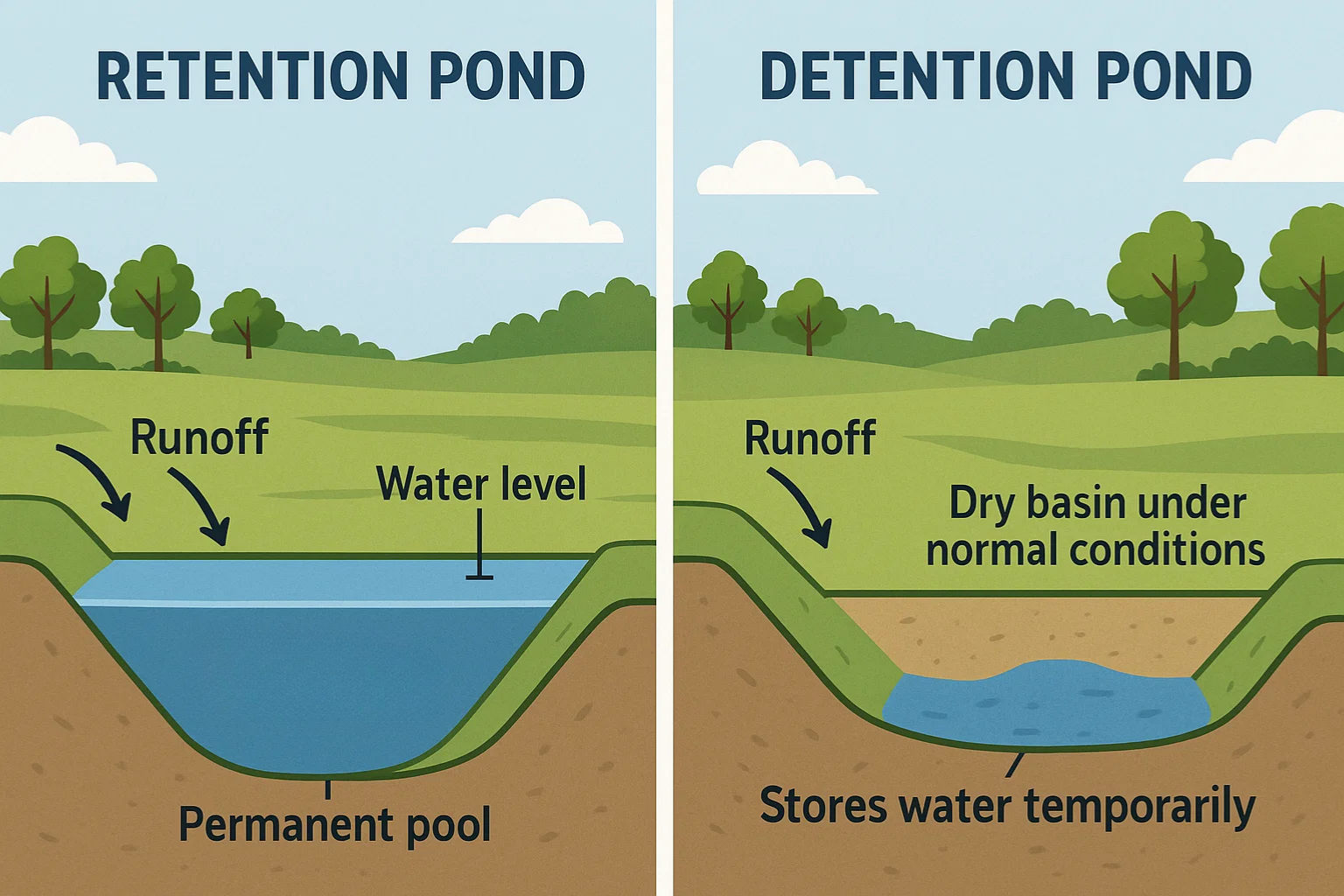
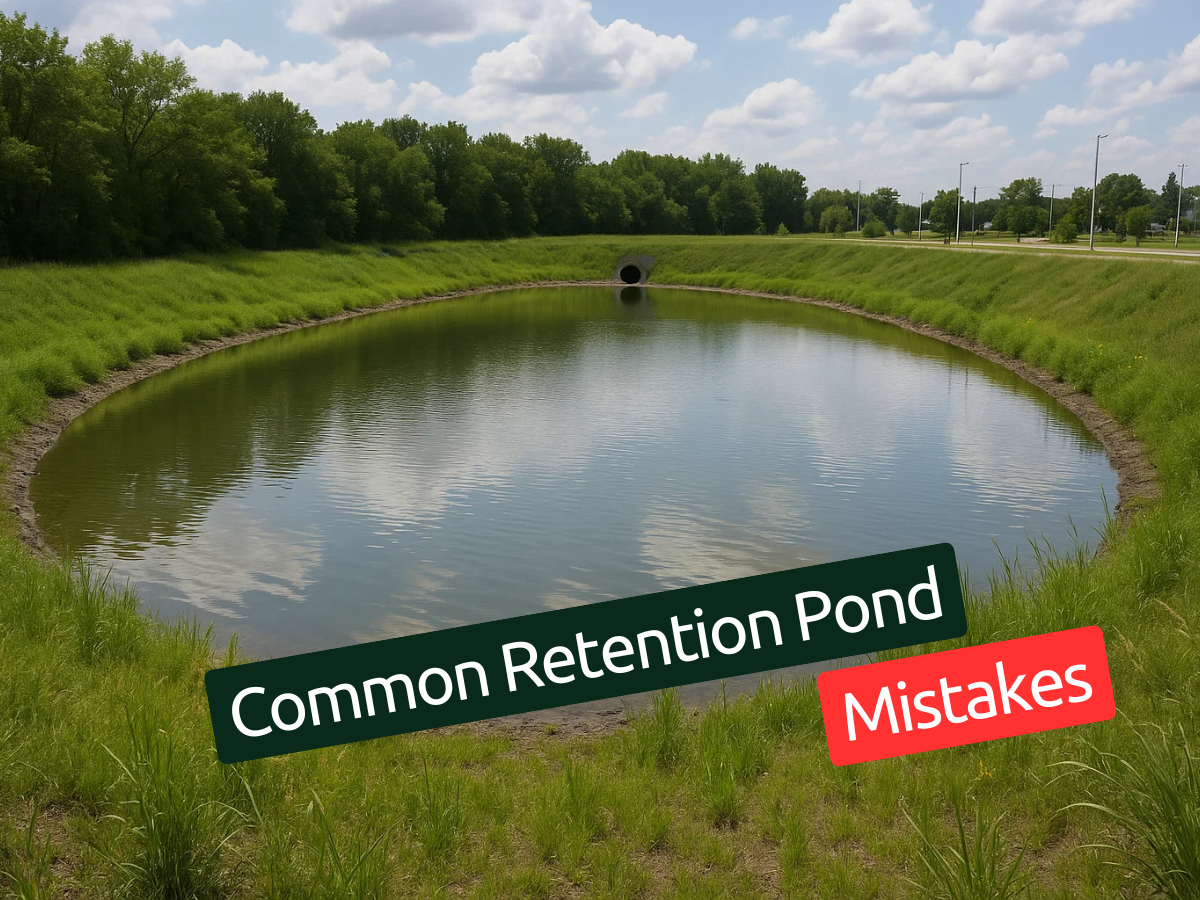
Write a comment ...